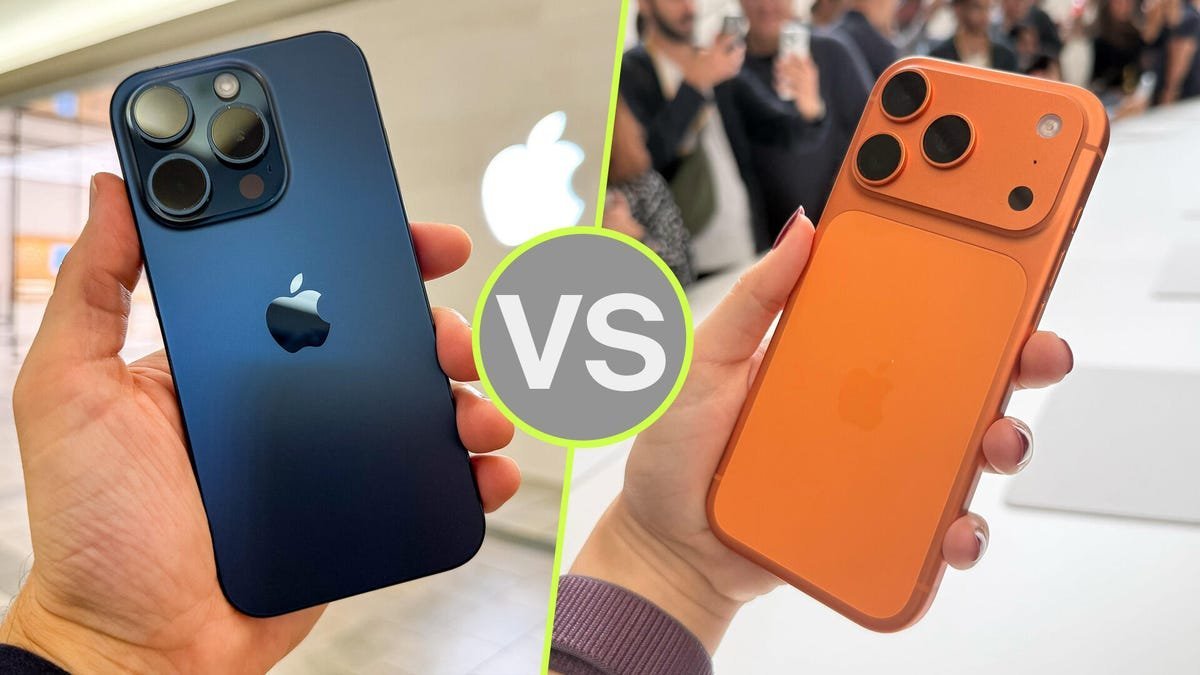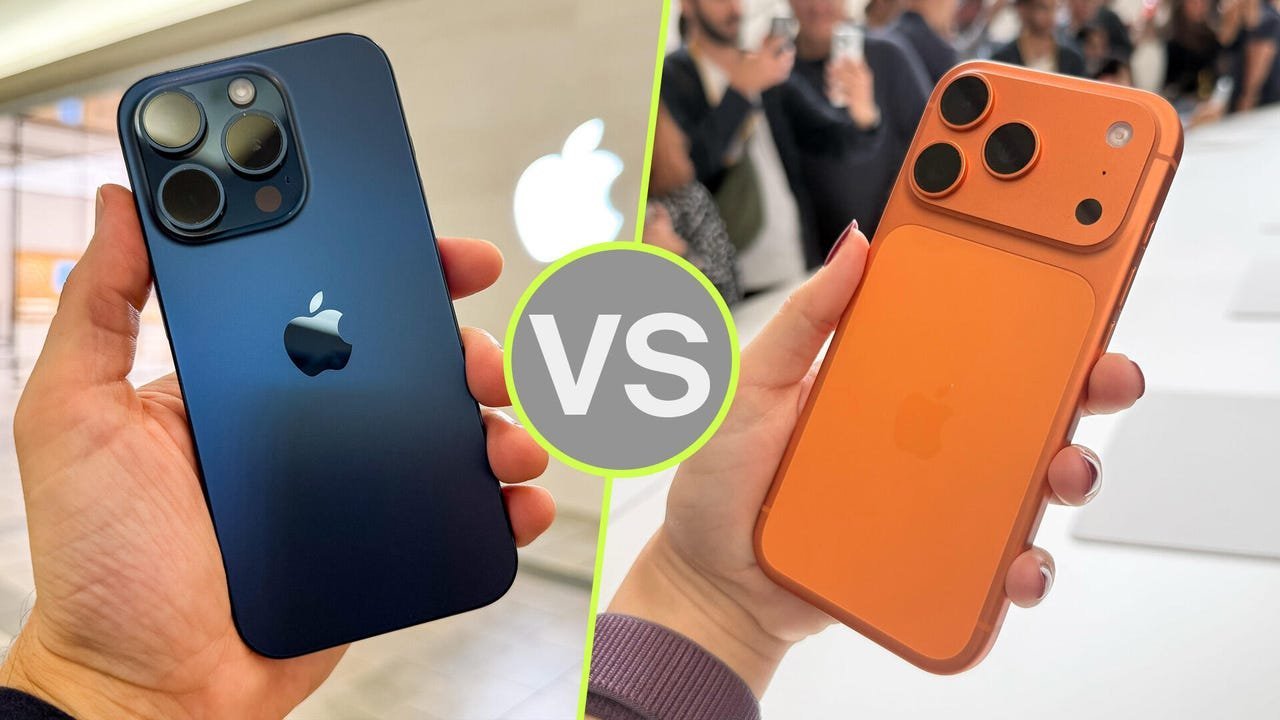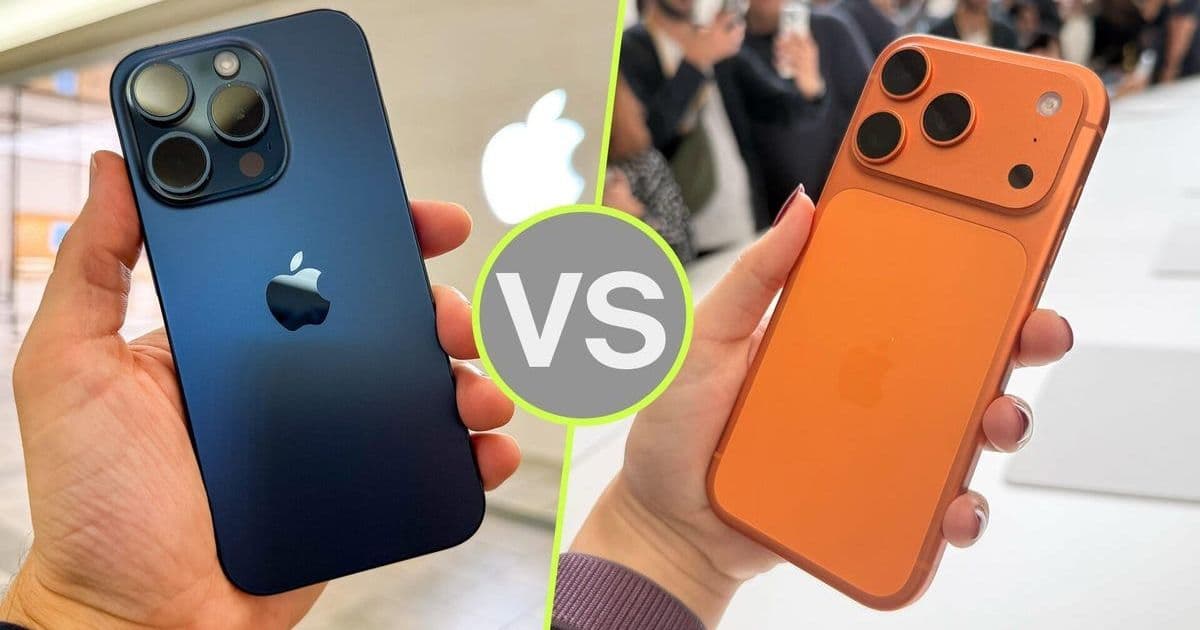Apple's iPhone 17 Pro delivers substantial generational leaps in computational photography, processing power, and battery endurance over the 15 Pro, but its larger form factor and premium price demand careful consideration. We dissect the technical trade-offs—from the A19 Pro's vapor chamber cooling to the 48MP Fusion camera array—helping developers and tech leaders determine if the performance gains justify an upgrade.

The unveiling of Apple's iPhone 17 Pro marks a pivotal moment in smartphone engineering, presenting a compelling yet complex upgrade path for iPhone 15 Pro owners. While both devices run iOS 26 and share core Apple Intelligence capabilities, the 17 Pro's architectural advancements reveal Apple's aggressive push toward converging mobile and desktop-class performance. For technical professionals, the decision hinges on quantifying tangible improvements against practical constraints.
Core Technical Divergence: Beyond the Spec Sheet
| Specification | iPhone 17 Pro | iPhone 15 Pro |
|---|---|---|
| Processor | A19 Pro (40% faster CPU vs. 16 Pro) | A17 Pro (3nm) |
| RAM/Storage | 12GB RAM / 256GB-1TB | 8GB RAM / 128GB-1TB |
| Cooling | Vapor chamber system | Traditional thermal design |
| Battery (Video) | 33 hours | 23 hours |
| Main Camera | Triple 48MP Fusion sensors | 48MP + dual 12MP sensors |
| Optical Zoom | 8x | 3x |
| Peak Brightness | 3,000 nits | 2,000 nits |
Why the A19 Pro Matters for Technical Users
Apple's "MacBook-level power" claim isn't hyperbole. The A19 Pro's 40% performance uplift—coupled with a 50% larger vapor chamber—enables sustained workloads previously throttled on the A17 Pro. For developers:
- On-device AI/ML: Complex Core ML models run significantly faster
- Multitasking: 12GB RAM facilitates heavy IDE usage or parallel app testing
- Graphics: MetalFX upscaling benefits from the doubled GPU throughput
 The iPhone 17 Pro's redesigned camera plateau houses its 56% larger sensor and advanced computational photography hardware.
The iPhone 17 Pro's redesigned camera plateau houses its 56% larger sensor and advanced computational photography hardware.
Computational Photography Leap
The 17 Pro's triple 48MP Fusion array represents Apple's most significant camera overhaul since the shift to computational photography. Key technical upgrades:
- Sensor Size: 56% larger primary sensor captures 2.5x more light
- Software-Defined Orientation: Eliminates mechanical rotation via sensor cropping
- Dual Capture: Simultaneous front/rear 4K recording leverages ISP improvements
"This isn't just resolution inflation—it's a fundamental rethinking of mobile imaging pipelines. The fusion of larger hardware with computational tricks like orientation software shifts the paradigm," notes imaging engineer Dr. Elena Torres.
The Trade-Offs: When the 15 Pro Still Holds Its Ground
Despite generational gains, the 17 Pro's physical expansion (19g heavier, 0.14" longer) may deter users prioritizing portability. Crucially:
- iOS 26 Parity: All Apple Intelligence features run on both devices
- Refurbished Value: 15 Pro units at ~$679 offer exceptional ROI
- Thermal Performance: A17 Pro remains capable for mainstream development tasks
The Verdict: Upgrade Paths for Technical Audiences
For mobile developers, computational photographers, and power users pushing device limits, the 17 Pro's architectural advancements—particularly the A19 Pro's thermal headroom and RAM allocation—deliver tangible workflow benefits. However, the 15 Pro retains relevance as a cost-effective powerhouse for those less constrained by edge-case performance demands. Apple's true achievement lies in forcing a meaningful upgrade calculus rather than incremental iteration—a rarity in today's smartphone landscape.

Comments
Please log in or register to join the discussion